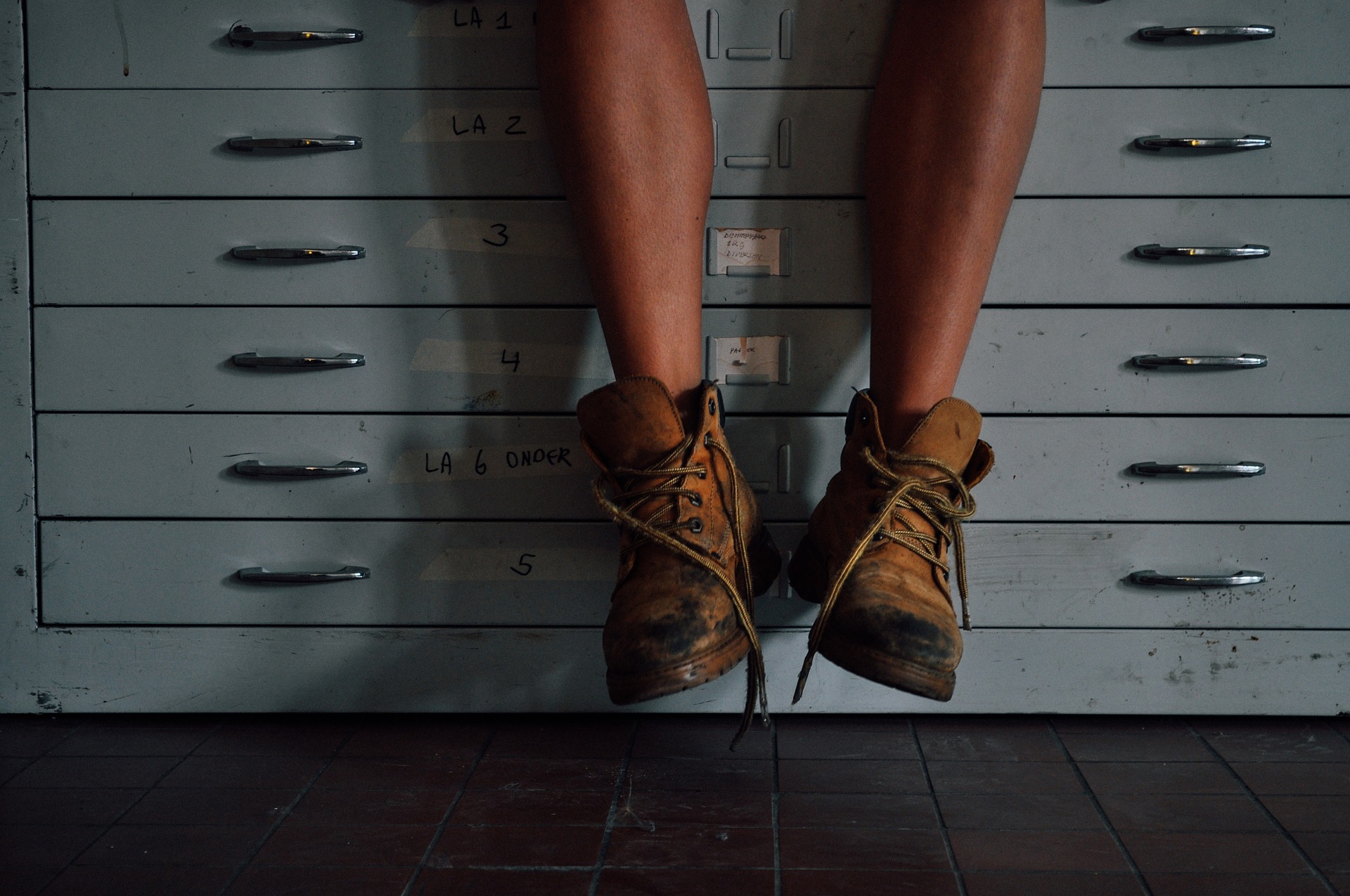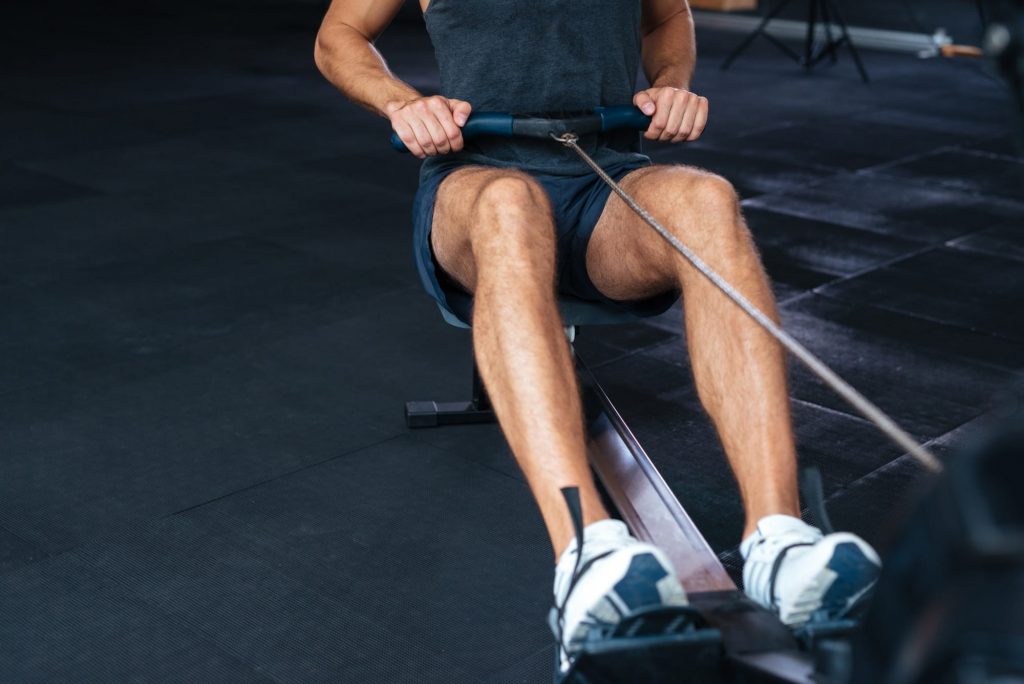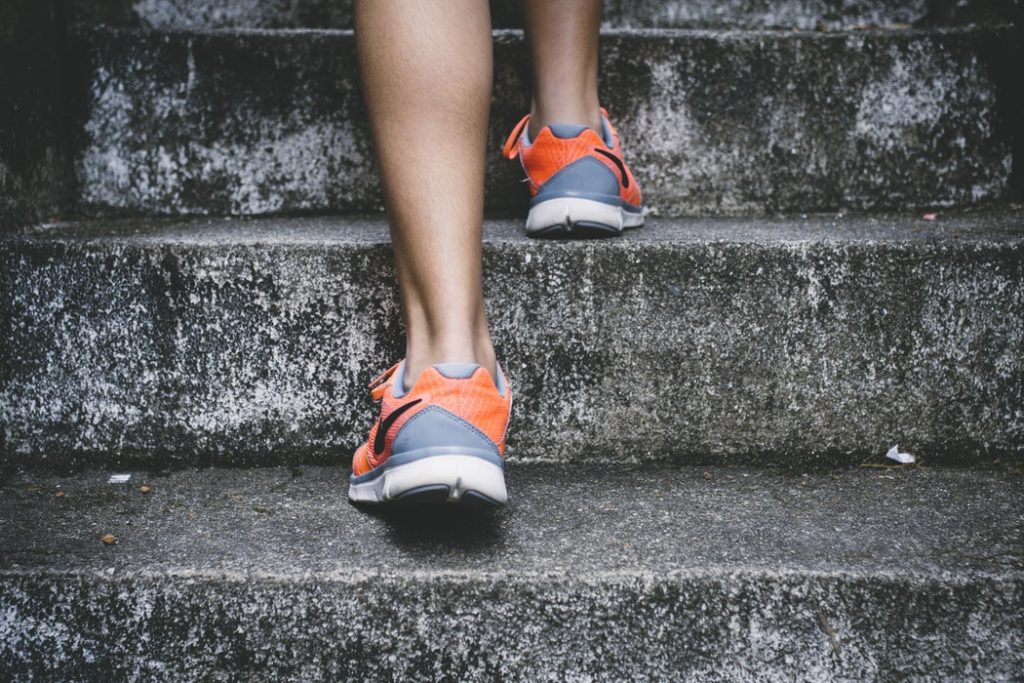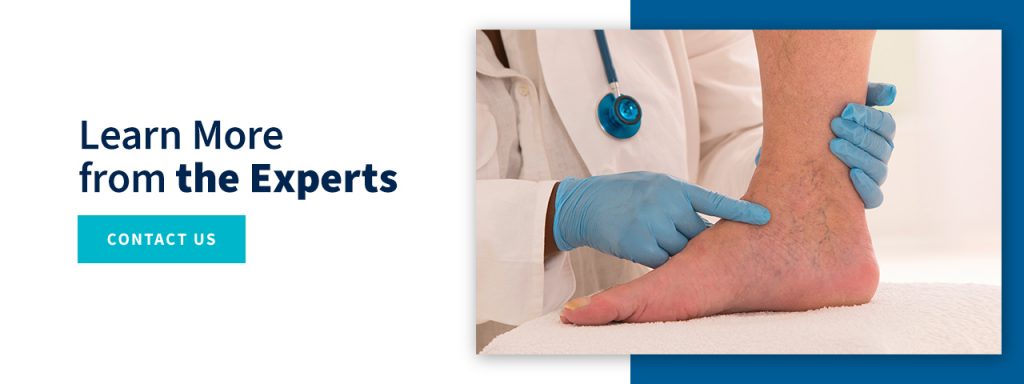
With varicose veins being so prominent in the discussions of venous health, it’s easy for other problems to get overlooked. Peripheral Artery Disease (PAD), like varicose veins, can start as a minor nuisance and lead to worse health problems if not taken seriously. Because PAD often affects the feet, it may not come attached with the self-confidence concerns that varicose veins are often packaged with. However, as it makes feet more susceptible to infection, it is still something to be taken seriously. The vascular physicians in Orlando at Central Florida Vein & Vascular Center are here to explain what PAD is, as well as how to take care of your feet properly to lower the risk of infection.
Similar to how plaque can build up on your teeth and cause them to break down, plaque can build up in the arteries and constrict blood flow. This plaque, made up of fibrous tissue, fat, calcium, cholesterol, and other substances, sticks in the arteries and causes them to harden. Most often, this occurs in the legs and affects the body’s ability to properly circulate blood through the leg. This causes tissue damage that thins the skin and leaves your feet vulnerable to contracting more serious issues such as ulcers, wounds, and infections. If you already have PAD, there are plenty of easy steps that you can take to ward off further issues.
Exercise is a top solution for circulation issues—for a good reason! Exercise is a key step toward promoting healthy circulation of blood through your body, as well as being beneficial for a wide number of other health concerns. Because PAD reduces the amount of blood flow to the feet, it’s important to take steps toward improved circulation. Try to fit a walk into your daily schedule. A brisk walk is a low-impact exercise that strengthens the legs without putting strain on the body. A 15-minute walk may be just what you need to get your circulation moving like it should.

You may ask: how are toenails associated with unhealthy arteries? While toenails may not affect the arteries directly, PAD still causes the skin to thin and leave your feet more open to infection. When you trim your toenails incorrectly, you risk a cut in the toe which increases your risk of infection. Refrain from cutting your toenails in a rounded shape or cutting them too short. Instead, cut them straight across and file down any rough edges. This will help to decrease your risk of cutting the skin or developing an ingrown toenail.
When you have problems with your feet, the last thing you need is to wear socks and shoes that further irritate sensitive skin. If your footwear is tight and uncomfortable, or if it’s irritating your feet by chafing or pinching, it may be time to toss them aside. Take care when buying shoes to make sure that they fit properly without constricting the feet. Also, consider picking up a few pairs of thick socks. They can help protect your feet from any pesky areas in shoes that are applying too much pressure.

PAD makes your feet more susceptible to infection, so make sure to keep them clean. You don’t have to wash them constantly like you do your hands, but treat them with a similar amount of care. Just like washing your hands prevents the spread of infection, a daily foot care routine is a great way to fight off any bacteria that may be lurking. Wash your feet daily, and make sure to moisturize them as well. A combination of washing and moisturizing helps to lower the risk of infection, treat any cracking skin, and get rid of bacteria.
Corns and bunions can cause added pain to already sensitive feet. If you’re dealing with either, avoid DIY solutions and seek help from a doctor. It’s important to get these issues treated properly, as poor treatment can create worse issues than PAD can! Plus, these painful issues often create added, uncomfortable friction when wearing even well-fitting footwear. Don’t suffer from extra, avoidable pain when a doctor can help to alleviate the problem.
Because individuals with PAD have decreased blood flow, the body is less capable of fighting off infections. If you notice a fungal problem or are concerned that you may be developing one, don’t wait to see a doctor. It’s best to address the problem immediately so that a small problem doesn’t lead to large complications. A doctor will be able to properly assess the concern and put together a treatment plan that will work best for you.
Walking around without shoes or socks is bad for anyone, but it’s worse for those individuals suffering from thin skin that’s prone to infection. Don’t step outside without slipping into a comfortable pair of shoes first. Shoes offer protection from environmental factors such as metal, glass, and wood splinters that can embed themselves into your feet and cause an infection. Don’t put yourself at unnecessary risk; at the very least, keep a pair of sandals by the door that you can quickly slip into if you just need to step outside for a few minutes.
Peripheral artery disease may put you at increased risk for infection but, as you can see, there is a wide variety of small lifestyle changes that you can make to manage that risk. Stay active, enjoy a nice walk outdoors with comfortable footwear, and make sure to spend a few minutes washing and moisturizing. A little bit of simple self-care can go a long way.

Also, if you’re concerned about your venous health, please visit the vein specialists in Orlando at Central Florida Vein & Vascular Center. We understand the importance of proper venous health and are dedicated to helping patients suffering from venous insufficiency. If you’re struggling with issues such as varicose veins, schedule a consultation. You can also browse our blog for more information about venous health.